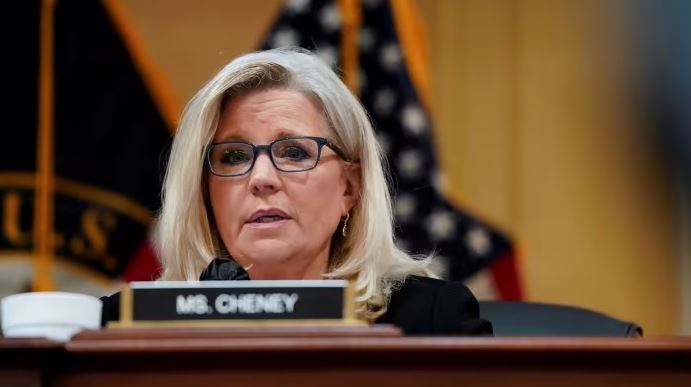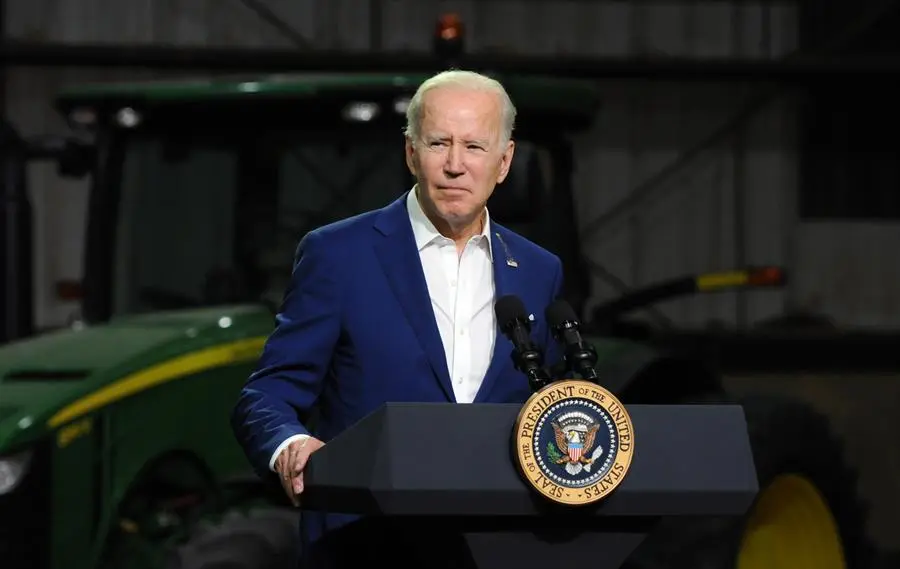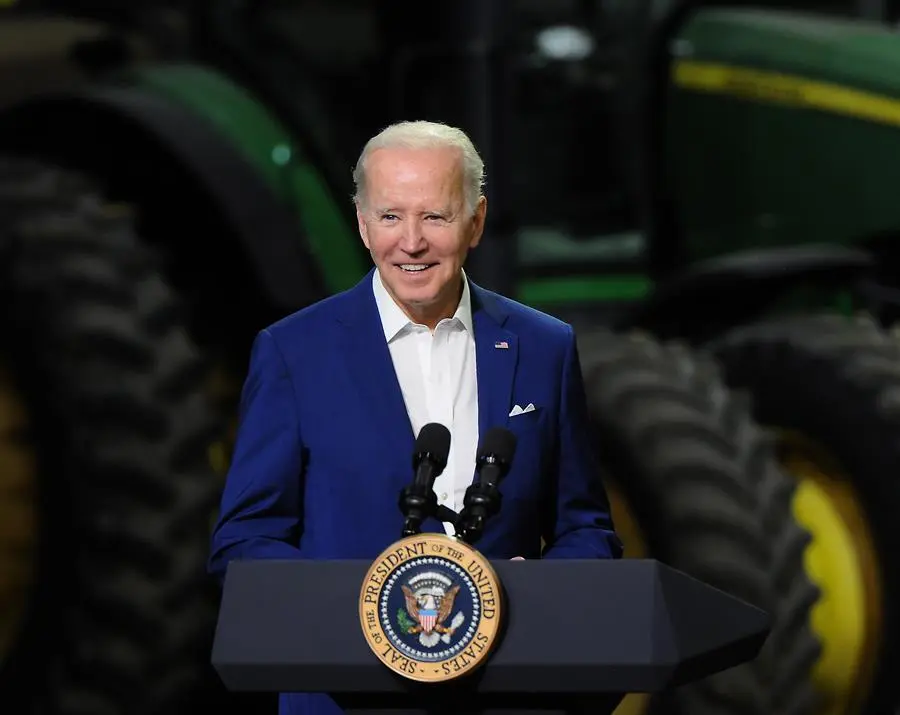President Joe Biden announced on Tuesday a plan to protect forests globally that will have “all the tools of the US Government: political, diplomatic and financial”, in an event on “Forests and Land” at the COP26 climate summit.
Biden assured that the plan will be “the first of its kind” and, with the help of the US Congress, will mobilize 9,000 million dollars (about 7,756 million euros) until 2030 to protect and restore the planet’s biodiversity, while attracting funding from the private sector.
“We are going to ensure that markets recognize the true economic value of natural carbon sinks and motivate governments, landowners, and others to prioritize conservation,” he said.
“The United States will lead by example at the national level and support other forested nations and developing countries in setting and achieving ambitious goals in conserving and restoring these carbon sinks,” he added.
Biden stressed that deforestation must be tackled “with the same serious process applied to decarbonizing the economy,” since, he pointed out, “forests can help reduce emissions by more than a third.”
In the same act, during the second day of the COP26 leaders’ summit (which continues afterward, without the leaders, until November 12), the founder and president of Amazon, Jezz Bezos, promised 2,000 million dollars ( about 1,723 million euros) for the protection of the land in Africa, through its foundation Bezos Earth Fund.
“Two-thirds of the land in Africa is degraded, but this can be reversed,” he said.
Restoring these resources, he added, “can improve soil fertility, increase soil yield, improve food security and access to water, create jobs and boost economic growth” while absorbing carbon.
Today’s big announcement at COP26, chaired by the United Kingdom, is the signing by a hundred world leaders – from countries that represent 85% of the planet’s forests – of a declaration in which they commit to “stop and reverse deforestation and land degradation “ by 2030.
This promise, signed by Colombia, Indonesia, Norway, Australia, Brazil, China, Costa Rica, the European Union, Ecuador, Honduras, Guatemala, Peru, Russia, Turkey, Uruguay, the United States or the United Kingdom, is accompanied by financing in the present decade to stop the regression of the forest masses.
























































































